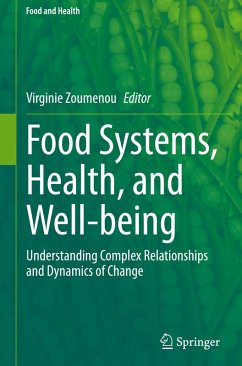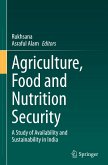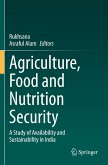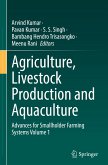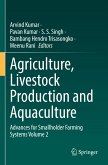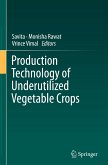While the importance of food to health and well-being is clear, the specific ways in which food systems contribute to individual and community health are not well understood. This is a complex issue, which requires improving food systems as well as changing mindsets and behaviors of individuals within the food system. Many of the food-related health problems in the US disproportionately affect children, women, ethnic minorities, and low-income people.
Addressing these problems requires that we understand more about the processes of institutional change, structural conditions, perceptions, and decision-making processes. The environment itself determines much of what individuals can draw from it. Community norms may dictate who has access to food assistance; engaged communities may provide more food assistance and may make food resources more easily accessible for the poor. In addition, consumer and producer attitudes and interests may conflict over some issues surrounding sustainability and health.
The present volume focuses on food production, distribution and consumption, and their effects on individual health. The text is divided into three parts: Part One focuses on the relationship between food systems, families, health, sociodemographic and environmental factors; Part Two explores the relationship between food systems, food advertisements, and community engagement; and Part Three discusses current research and interventions toward a more equitable food system.
Addressing these problems requires that we understand more about the processes of institutional change, structural conditions, perceptions, and decision-making processes. The environment itself determines much of what individuals can draw from it. Community norms may dictate who has access to food assistance; engaged communities may provide more food assistance and may make food resources more easily accessible for the poor. In addition, consumer and producer attitudes and interests may conflict over some issues surrounding sustainability and health.
The present volume focuses on food production, distribution and consumption, and their effects on individual health. The text is divided into three parts: Part One focuses on the relationship between food systems, families, health, sociodemographic and environmental factors; Part Two explores the relationship between food systems, food advertisements, and community engagement; and Part Three discusses current research and interventions toward a more equitable food system.

